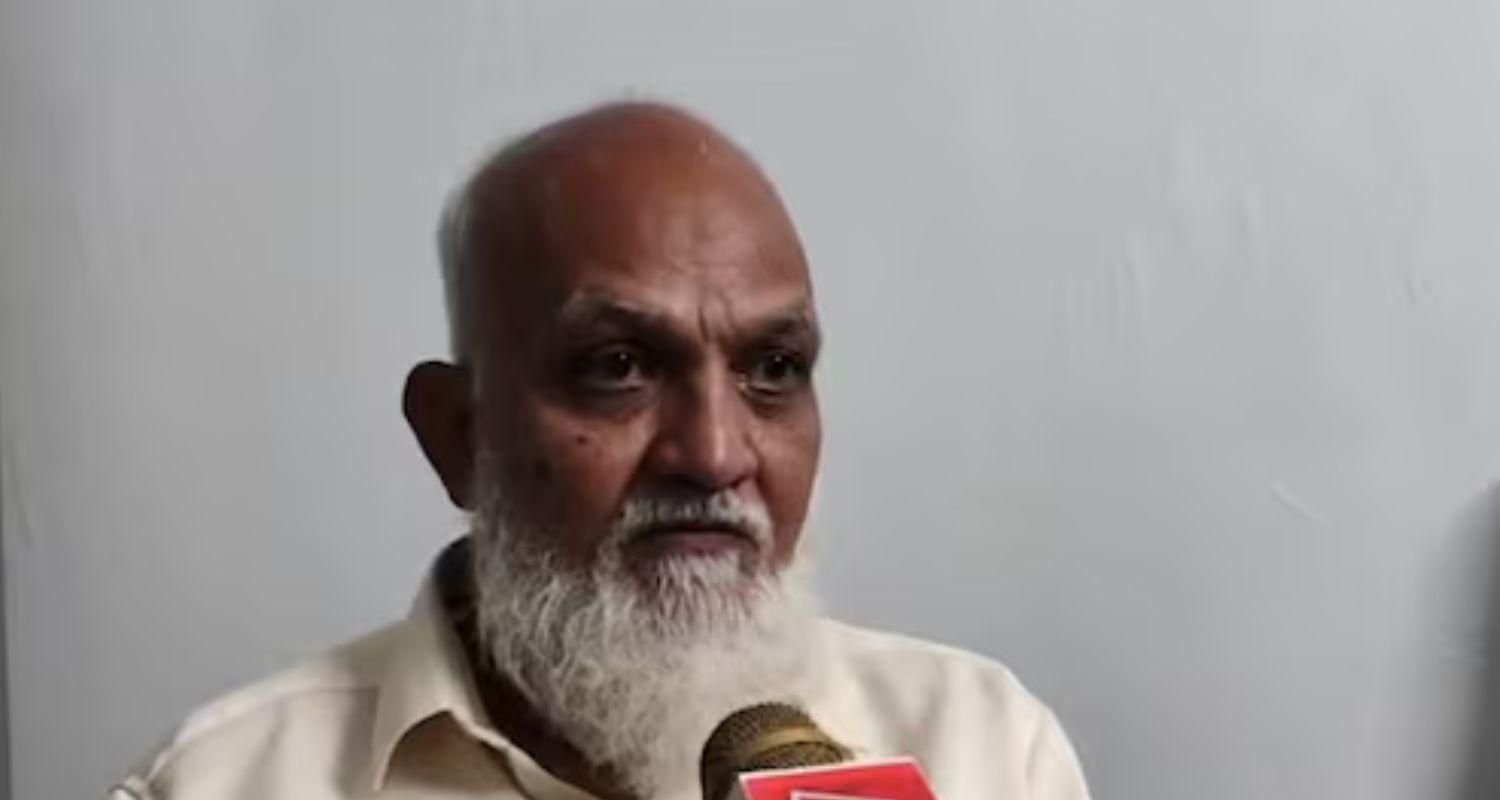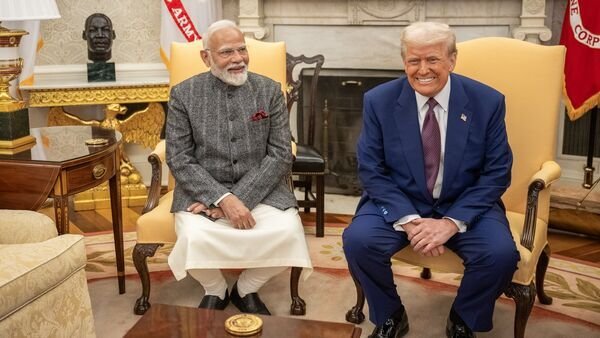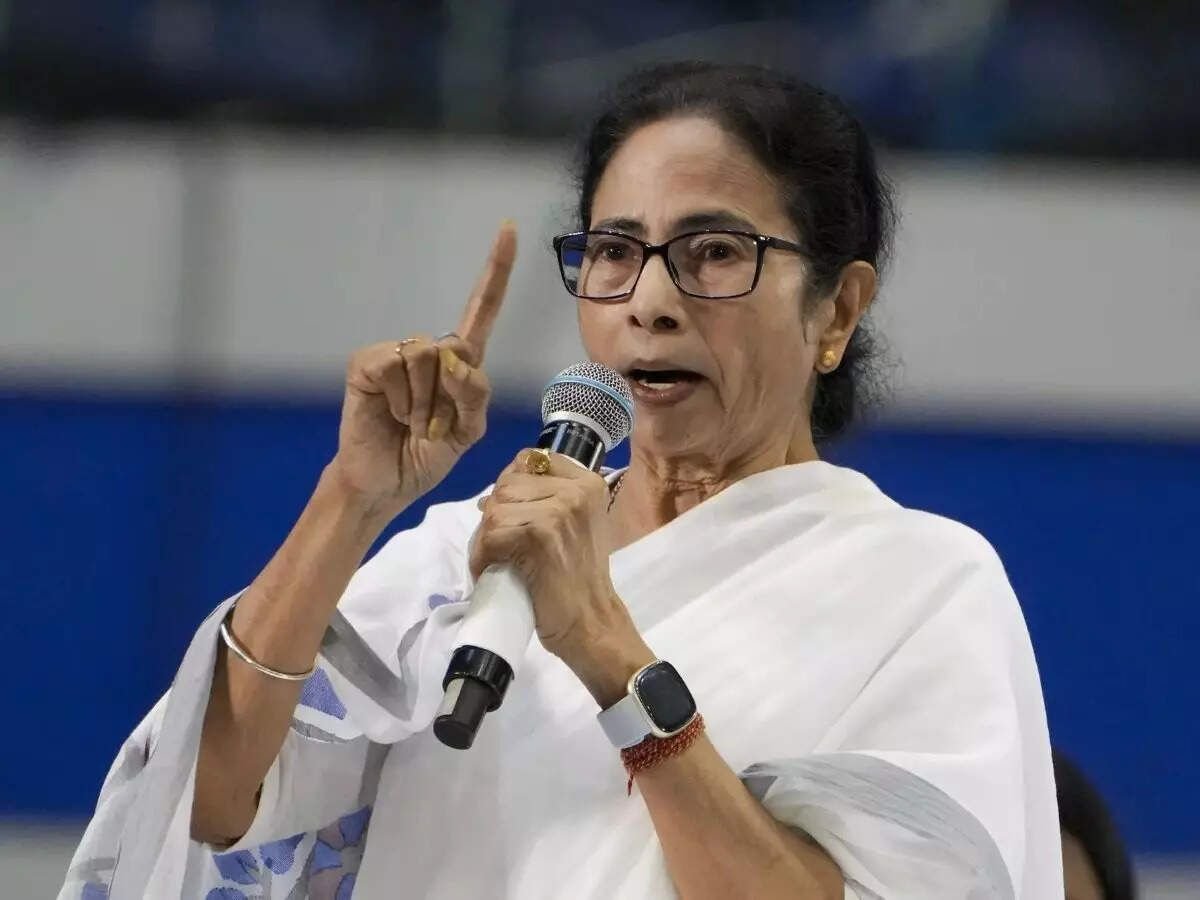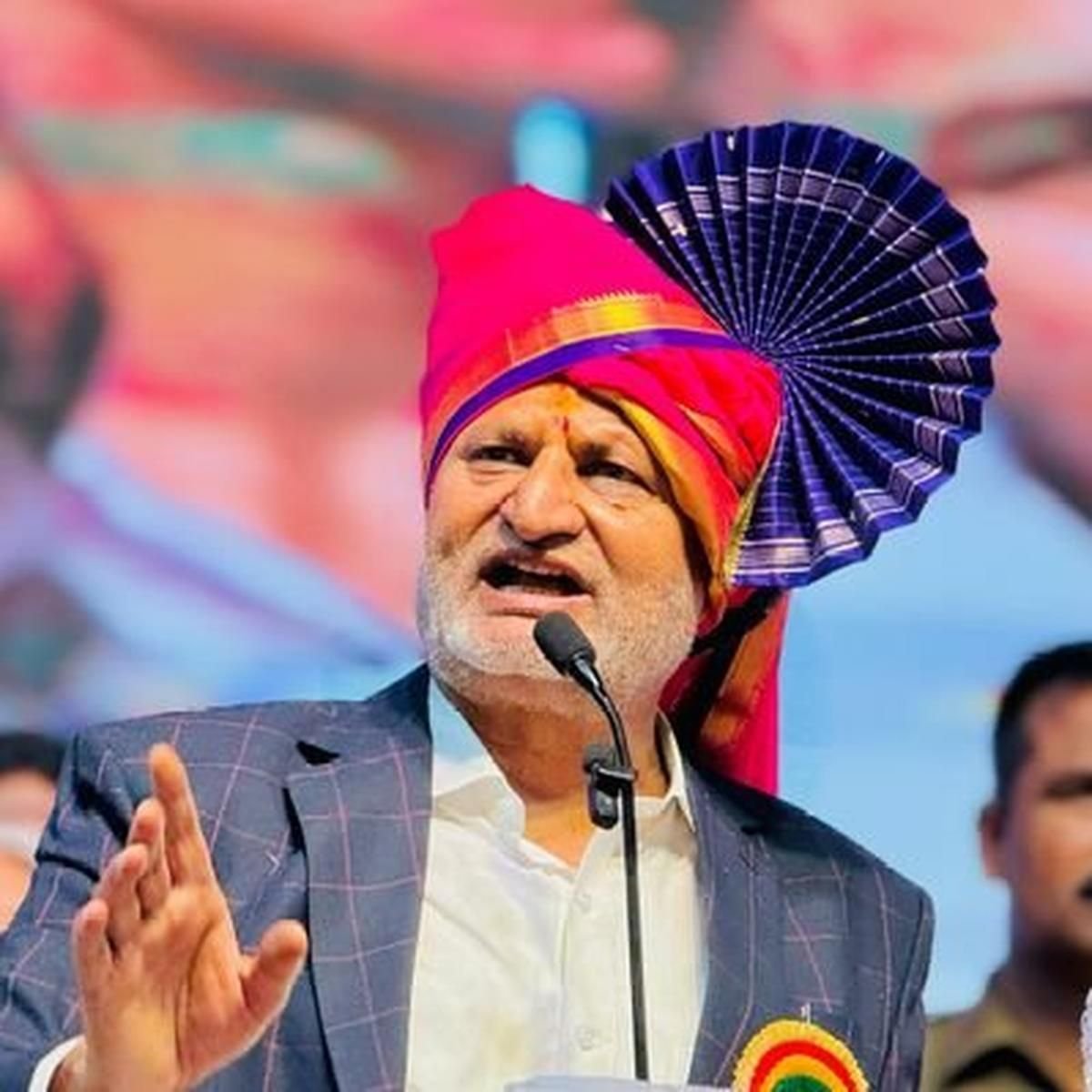‘Focused on India’s Interest’: Piyush Goyal Tells Parliament on Trump’s Tariffs
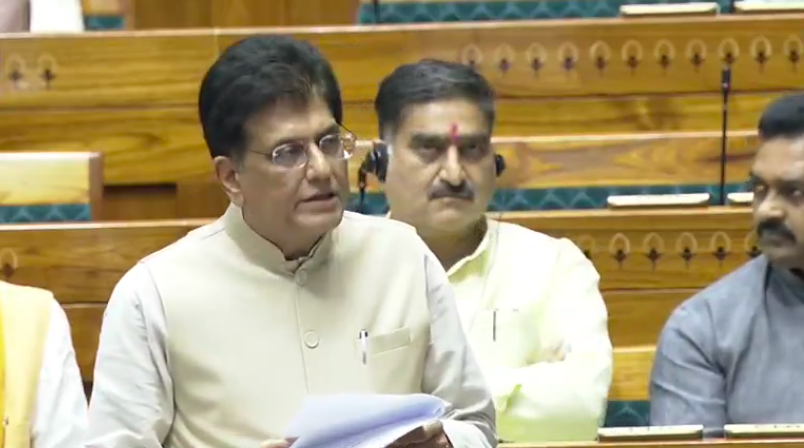
Union Commerce Minister Piyush Goyal on Thursday addressed the Lok Sabha, stating that the government is carefully examining the implications of the 25% tariff imposed on Indian goods by US President Donald Trump. Goyal assured the House that New Delhi will take all necessary measures to safeguard its national interest while continuing to engage in trade negotiations with Washington.
Goyal provided a timeline of the US tariff measures, explaining that the process began with an executive order on reciprocal tariffs issued on April 2, 2025. He noted that while a baseline duty was put in place, the full country-specific additional tariffs for India were repeatedly extended until the August 1 deadline. He affirmed that the government is now in discussion with exporters, industry bodies, and other stakeholders to assess the impact of the latest announcement. “Government gives utmost priority to the safeguarding of welfare of farmers, labourers, entrepreneurs, industrialists, exporters, MSMEs and stakeholders of the industrial sector,” Goyal stated.
The minister’s statement came a day after President Trump announced the imposition of a 25% tariff on all goods from India, along with an unspecified penalty for its continued purchase of Russian oil and military equipment. In a series of social media posts, Trump cited India’s high tariffs and trade barriers as the primary justification for the move, while also criticizing its strategic ties with Russia.
The US President’s rhetoric escalated further when he dismissed the Indo-Russian relationship, stating, “I don’t care what India does with Russia. They can take their dead economies down together, for all I care.”
In response, the Indian government has maintained a measured tone, confirming it has taken note of the US President’s statements and is studying their implications. An official release on Wednesday reiterated India’s commitment to concluding a “fair, balanced and mutually beneficial” trade agreement and its resolve to protect domestic interests, pointing to the recently signed trade deal with the UK as an example of its balanced approach.


